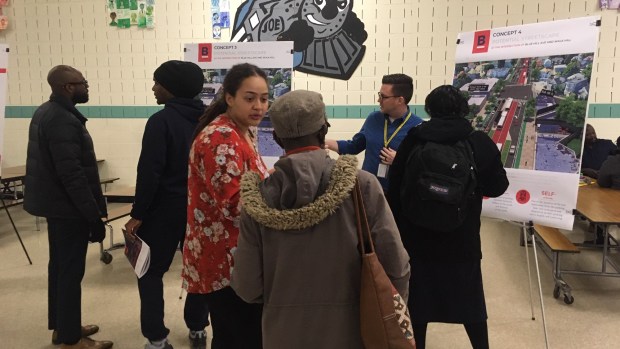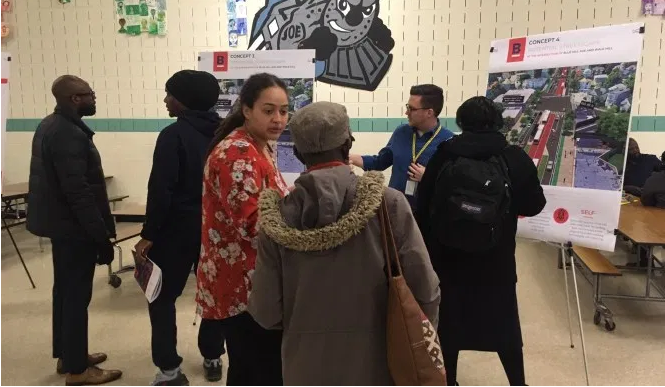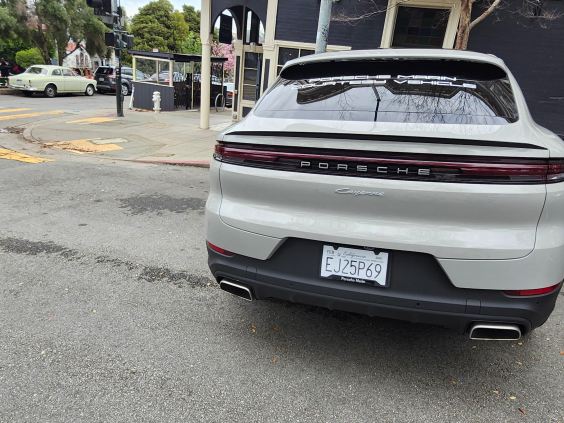
As cities and towns across Massachusetts embrace increasingly strict “social distancing” measures to try and slow the spread of COVID-19, hundreds of public meetings across the state are being cancelled and major public planning initiatives have been put on hold while governments scramble to address the mounting public health crisis.
Spring is typically a busy time of year for transportation planners: annual budgets are being prepared and public works departments are gearing up for the summer construction season.
In the City of Boston alone, public meetings for the “Connect Downtown” project, Massachusetts Avenue Better Bike Project, Warren Street bus lanes, and an extension of bus lanes and protected bike lanes on Summer Street through the Seaport have all been postponed indefinitely, even though several of these projects had elements that the city had hoped to implement during the 2020 construction season.
Evening public meetings have long been criticized for their lack of inclusivity: their scheduling tends to exclude working people and parents of young children, they intimidate people with planners’ jargon, and they’re prone to getting railroaded by privileged loudmouths.
Many planners had already been making efforts to circumvent those issues by reaching out to neighbors where they are, with informal drop-in office hours at local libraries, neighborhood walks, door-to-door outreach to local businesses, and online surveys.
That latter option – online engagement – could soon play a bigger role as COVID-19 moves more of our social interactions to the internet this spring.
Karin Brandt is the CEO and founder of CoUrbanize, a Boston-based tech company that provides tools to facilitate online engagement for real estate development and planning projects. She says that there’s been a surge of interest in her company’s products over the past week.
“People are kind of scrambling – clients are reaching out to ask about how they can continue making progress and move outreach online. We’re talking about hosting open houses online, and even virtual meetings,” says Brandt. “Usually, people are supplementing in-person conversations with online conversations. Now they’re thinking about how we can just go completely online.”
In an email sent Friday, the Boston Transportation Department wrote that “as we continue to take precautions around public gatherings, we are working on ways to engage with you electronically.”
And in the wake of cancelling two public meetings last week, the MBTA made electronic copies of those meetings’ presentations available online. You can now download the open house posters for the cancelled Better Bus Project meeting in Roxbury, and the presentation for a cancelled Green Line Extension project meeting in Cambridge.
The City of Boston is also in the early stages of collecting input for a new master plan for Franklin Park – an important walking and bicycling link between Mattapan, Dorchester, Roxbury, and Jamaica Plain. It predates the COVID-19 emergency, but the project is collecting feedback with a detailed online survey.






